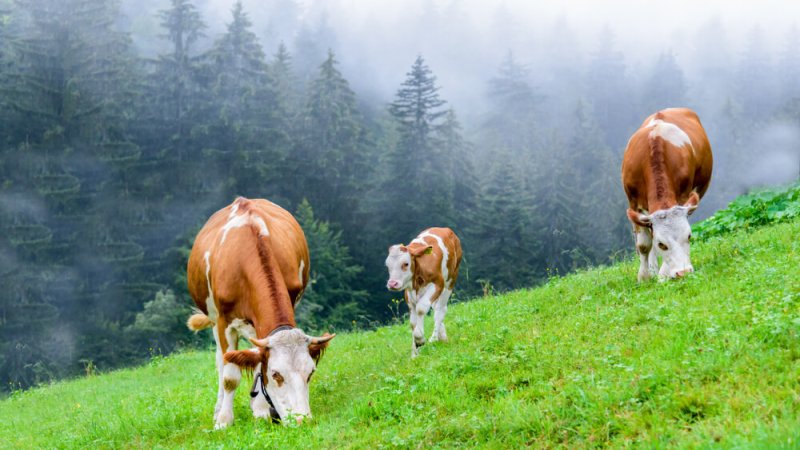Simply put, U.S. cattle aren’t the major driver of climate change. So Americans can feel good about whatever kind of burger they put on their grill this barbecue season.
Many people believe — mistakenly — that beef is uniquely bad for the environment. This confusion stems, in large part, from faulty math. Consider a recent article, which pegged the global mean emissions for 2.2 pounds (one kilogram) of beef at 220 pounds of carbon dioxide equivalents, the standard unit of comparison for greenhouse gases.
That figure includes emissions of methane, a greenhouse gas that cows and other farm animals belch out during their digestive process. Though potent in the near term, methane from cattle is a cyclical gas. Consider the full cycle — the carbon contained in methane (CH4) from cattle begins its journey in the atmosphere as carbon dioxide (CO2), which is captured by plants as part of photosynthesis. Plants turn this carbon into carbohydrates, which are then consumed by cattle. These cattle then release some of the carbohydrate carbon as methane, which over the course of 10 years, is destroyed and converted back to CO2. That carbon isn’t new, but recycled carbon, returned to the atmosphere.
…
According to the United Nations Food and Agriculture Organization’s statistical database, total direct greenhouse gas emissions from all U.S. livestock have declined 11.3% since 1961, while livestock production has more than doubled.































